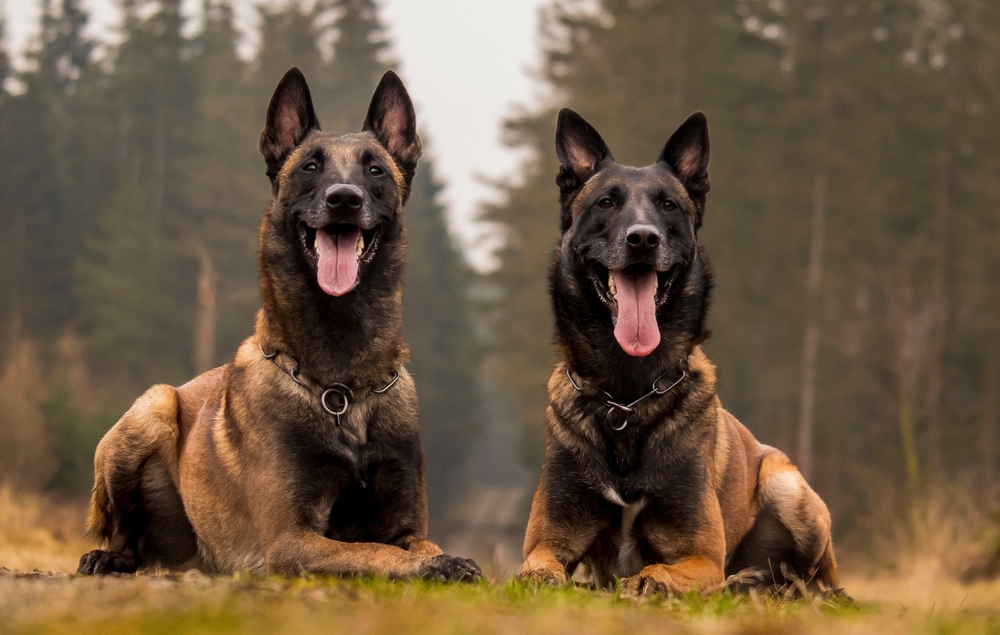Click to Skip Ahead
It’s difficult to judge the smartness or intelligence of a dog, but canine psychologist Stanley Coren attempted to do exactly that while compiling his book “The Intelligence of Dogs”. Coren enlisted the help of nearly 200 registered obedience judges to help devise his rankings, which were based on the number of times a new command had to be repeated before a dog learned that command, and how successfully a dog responded to a known command at the first time of asking.
Dogs with 100 or more submitted evaluations were included in the list, giving a total ranking of 130 dogs.
The Boston Terrier is considered to be of average intelligence, coming in 100th on the list (tied with the Welsh Terrier, Irish Terrier, and Ibizan Hound). It takes between 25 and 40 repetitions of a new command for a Boston Terrier to learn that command and they successfully follow a known command on the first try around half the time.
Learning Commands
Learning new commands forms the basis of training. Your dog will learn what is considered wanted and unwanted behavior, but they will need to learn to recall as well as commands like “sit,” “stay,” and “down.” The key to learning these commands is repetition, and no dog will be able to learn every new command in a single try. But, you don’t want to have to repeat a command hundreds of times before your dog gets it.
Some of the most intelligent breeds can learn a new command in as few as five repetitions, while those that are at the bottom of Coren’s list and considered to have below-average intelligence can take well over 50 repetitions before they learn anything new. The Boston Terrier falls into the bracket of average intelligence, which means it takes between 25 and 40 repetitions to pick up a new command.
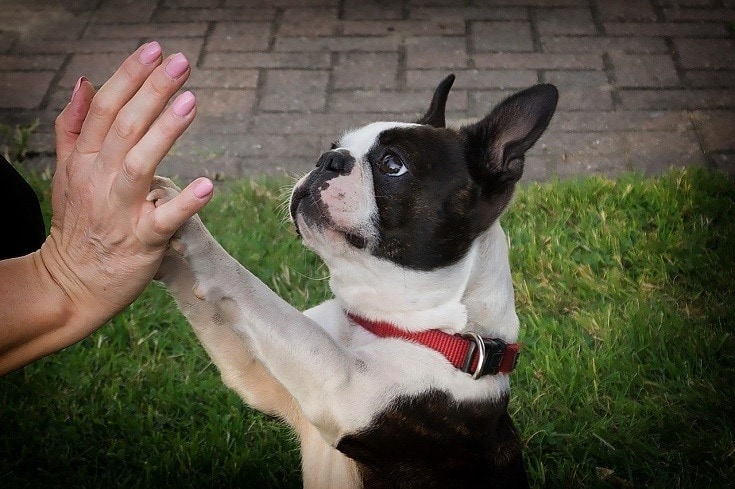
Command Success Rate
Learning a new command is only part of the training battle. You also need your dog to reliably respond to the command when it is given, so you don’t have to speak it numerous times before your dog does sit down or stay. Ideally, your dog will respond to commands the first time, every time, but that isn’t always the case.
The Boston Terrier will respond the first time to known commands around half of the time. However, it is worth noting that just because a dog doesn’t respond to a command doesn’t mean it doesn’t understand. Some lack concentration while some are easily distracted, so they may not be paying attention. Others are stubborn and may simply decide they don’t want to obey.
None of these mean that a dog is any less intelligent than those that respond the first time, but it does mean that they can be more challenging to work with.
How the Boston Terrier Compares to Other Breeds
The Boston Terrier is said to be of average intelligence. Some of the most intelligent dogs can learn new commands in just five repetitions and they will successfully respond to a known command, the first time, 95% of the time. The Boston Terrier takes between 20 and 25 repetitions to learn a command and responds to a known command, the first time, just 50% of the time.
However, this doesn’t necessarily mean that the Boston Terrier doesn’t learn commands more quickly than this, or that they don’t understand what is being asked of them straight away.
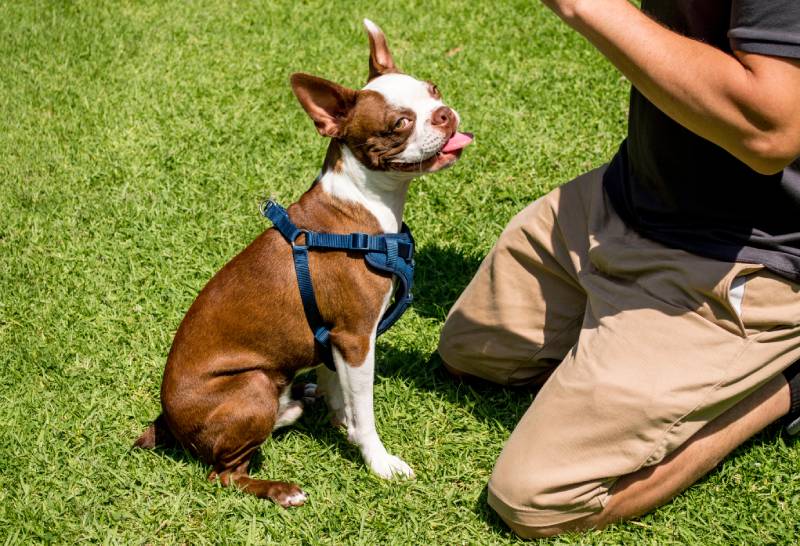
 A Stubborn and Independent Breed
A Stubborn and Independent Breed
The Boston Terrier is known for being a somewhat stubborn and independent breed. This means that they may not learn commands quickly because they don’t want to be trained. Their independence also means they think they know better and have other ideas of what they should be doing rather than training or responding to commands.
Potty Training Can Be an Issue
In particular, potty training a Boston Terrier can prove challenging. There are several possible reasons for this. As well as being stubborn and independent, the breed is also known for being mischievous. And smaller breeds have smaller bladders which means they typically need more frequent toilet breaks than bigger dogs.
To help with successful potty training, you need to be consistent in your training and you should set a schedule that you can both stick to. The schedule should include walks or toilet breaks in the yard a short time after meals, when your dog gets up, and just before bed.
Even if the weather is bad or your Boston doesn’t want to go out, you must keep up with this schedule, so it becomes a habit.
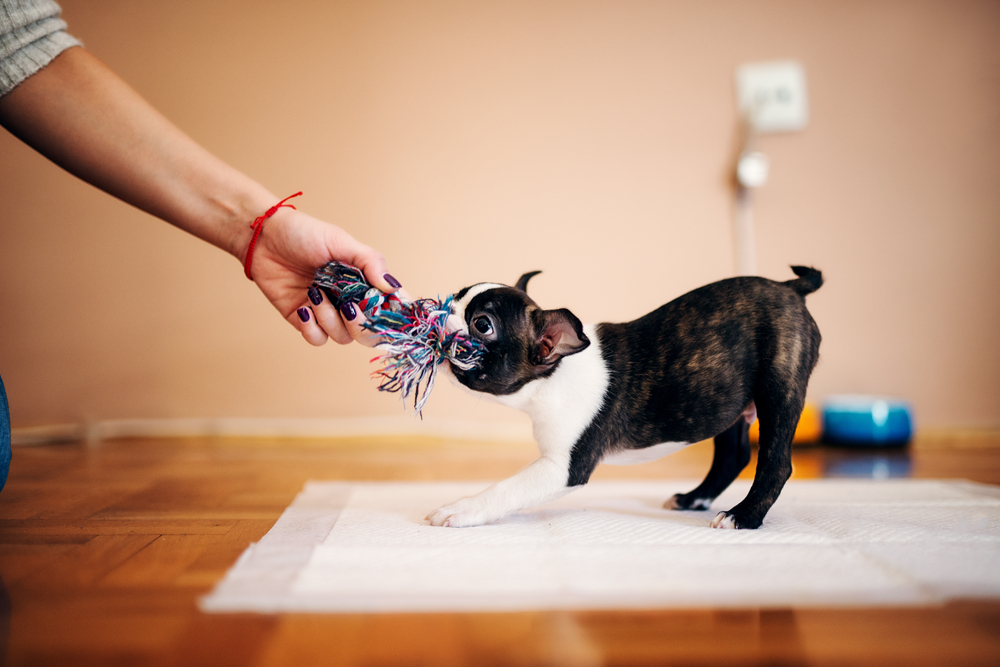
Top 5 Intelligent Breeds
So, the Boston Terrier might be more intelligent than suggested by Coren. But whatever the reason for it taking longer to learn than a lot of breeds, and being less likely to respond to known commands, it does make training more of a challenge.
If you’re looking for a breed that is considered highly intelligent, learns quickly, and is more likely to respond, here are the five breeds that Coren cited as the most intelligent.
1. Border Collie
None of this list will be too surprising, but the least surprising of all is that the Border Collie takes the top spot. It is estimated that the Collie can learn a vocabulary of 200 human words or more. It’s possible that a Border Collie can learn a new command in just five repetitions and will respond the first time in around 95% of cases.
It also has stamina that will last all day and a genuine desire to please its humans, which is what has made the Border Collie the epitome of the sheepdog and working class.
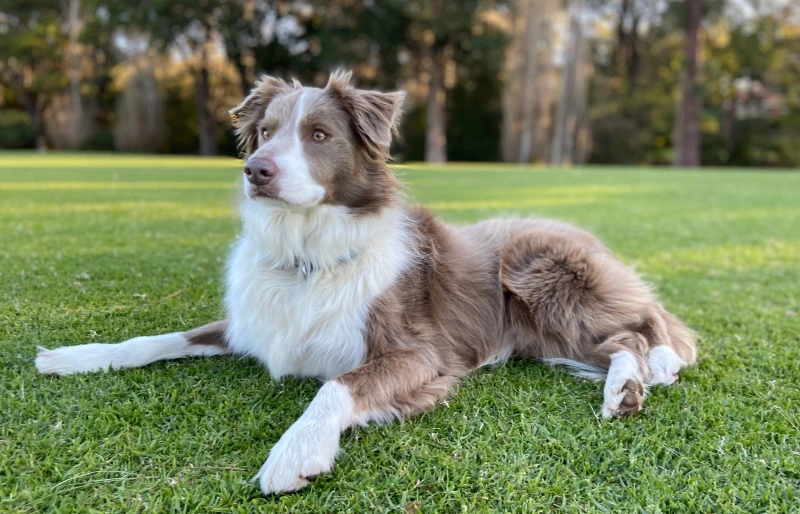
2. Poodle
The Poodle is another highly intelligent breed. They are very active dogs and their coats, as well as being designed for retrieving downed birds in water, are considered hypoallergenic because they rarely shed. They have been used as military dogs, police dogs, and even as circus performers.
3. German Shepherd
The German Shepherd is another breed that has found utility as a police and military dog. They are strong and brave, and they can learn commands in one or two repetitions, although in most cases it will take half a dozen attempts.
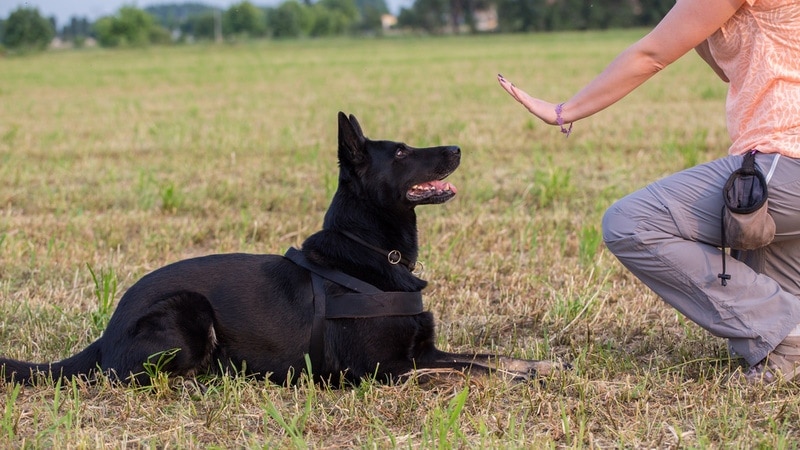
4. Golden Retriever
As well as being one of the most popular breeds of pet dogs in the world, the Golden Retriever is a highly capable service dog. It is commonly used as a guide dog and also for search and rescue and as a therapy dog. Even more commonly, the Golden Retriever makes a loving and loyal family dog.
5. Doberman Pinscher
The Doberman Pinscher has something of a fearsome reputation because it has long been used as a guard dog. It was bred by a German tax collector to protect him as he collected taxes. Despite this reputation, the Doberman makes a gentle and loving family pet, and they are very obedient and easy to train.

Final Thoughts
The Boston Terrier is not considered one of the most intelligent breeds and is said to have average intelligence. Whether this is true, or whether the dog chooses to ignore commands and gets bored of training, is up for debate. But it is loving, loyal, mischievous, and fun, which makes it a great companion.
Keep training sessions short, be consistent in your efforts, and you will eventually reap the rewards with a well-behaved and well-adjusted American Gentleman.
Featured Image By: Siva Nattharom, Shutterstock

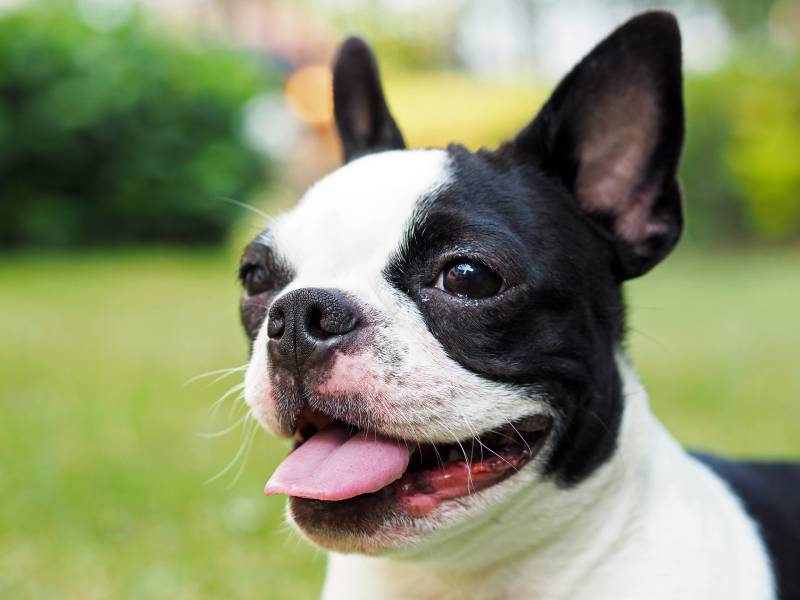
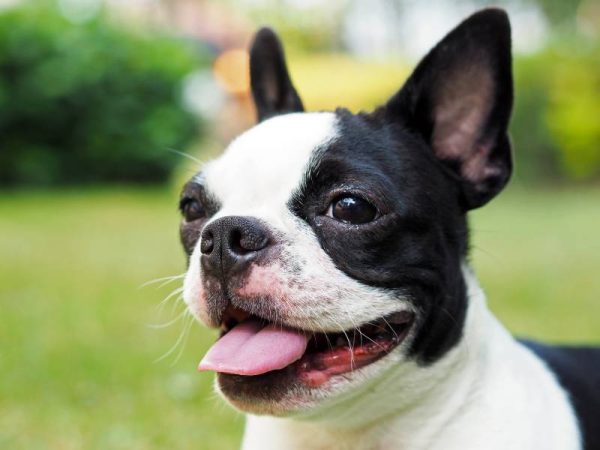

 A Stubborn and Independent Breed
A Stubborn and Independent Breed


